Filter by
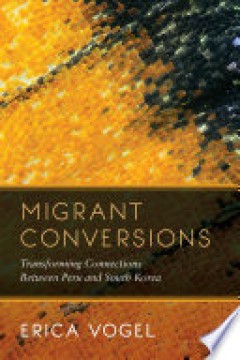
Migrant Conversions
"Peruvian migrant workers began arriving in South Korea in large numbers in the mid-1990s, eventually becoming one of the largest groups of non-Asians in the country. Migrant Conversions shows how despite facing unstable income and legal exclusion, migrants have come to see Korea as an ideal destination, sometimes even as part of their divine destiny. Faced with a forced end to their residence …
- Edition
- -
- ISBN/ISSN
- 9780520341173
- Collation
- 187
- Series Title
- Transforming Connection betweeen Peru and South korea
- Call Number
- 305.8688505195
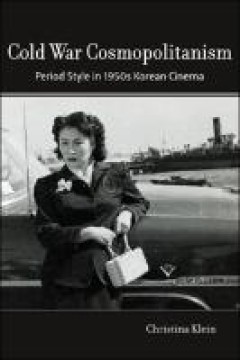
Cold War Cosmopolitanism
"Han Hyung-mo was a major figure within South Korea’s Golden Age cinema. The director of Madame Freedom (1956), the most famous film of the 1950s, Han made popular films that explored women’s relationship to modernity. He was also a master stylist who introduced technological innovations and fresh ideas about film form and genre into Korean cinema. This book offers a transnational cultural …
- Edition
- -
- ISBN/ISSN
- 9780520296503
- Collation
- -
- Series Title
- -
- Call Number
- -
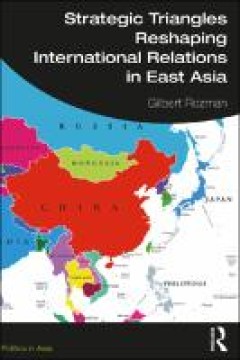
Strategic Triangles Reshaping International Relations In East Asia
Rozman shows how East Asia’s international relations over three decades can be best understood through the lens of triangles, analyzing relations between the key nations through a series of trilateral relationships. He argues that triangles present a convincing answer to the question of whether we had entered a new era of bipolarity like the Cold War or an age of multipolarity. Triangulation …
- Edition
- -
- ISBN/ISSN
- 9781000613957
- Collation
- -
- Series Title
- -
- Call Number
- -
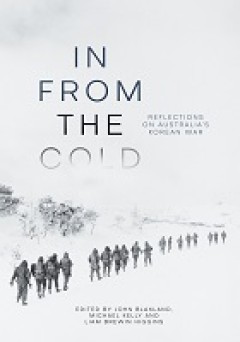
In From The Cold
"Open hostilities in the Korean War ended on the 27th of July 1953. The armistice that was signed at that time remains the poignant symbol of an incomplete conclusion – of a war that retains a distinct possibility of resuming at short notice. So what did Australia contribute to the Korean War from June 1950 to July 1953? What were the Australians doing there? How significant was the contribut…
- Edition
- -
- ISBN/ISSN
- 9781760462734
- Collation
- -
- Series Title
- -
- Call Number
- -
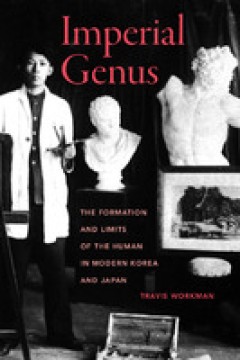
Imperial genus : the formation and limits of the human in modern Korea and Japan
"Imperial Genus begins with the turn to world culture and ideas of the generally human in Japan’s cultural policy in Korea in 1919. How were concepts of the human’s genus‑being operative in the discourses of the Japanese empire? How did they inform the imagination and representation of modernity in colonial Korea? Travis Workman delves into these questions through texts in philosophy, lit…
- Edition
- -
- ISBN/ISSN
- 9780520964198
- Collation
- vii, 307 p. : ill,
- Series Title
- -
- Call Number
- 951.903 WOR i
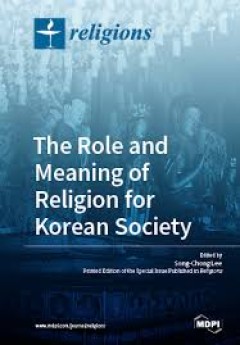
The role and meaning of religion for Korean society
This special issue presents discussions of the role and meaning of religion for Korean society. Covering wide-ranging time periods, the authors explores with their own cases four major characteristics of Korean religion: Creativity, Greater Responsiveness, Adaptability, and Prophethood. Their topical religious traditions include Neo-Confucianism, Christianity, Buddhism, and Korean new religious…
- Edition
- -
- ISBN/ISSN
- 9783038978893
- Collation
- 1 online resource
- Series Title
- -
- Call Number
- 200.9519 LEE t
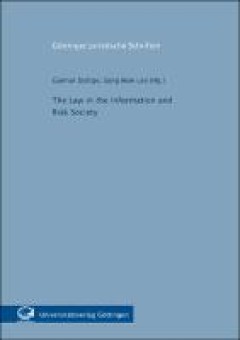
The Law in the Information and Risk Society
The information and risk society poses a new challenge for the law in all its fragments. Modern media communication and technologies increase people’s prosperity while stating new risks with not uncommonly devastating crisis-potential: The banking crisis, the safety net for the euro zone and the nuclear incident in Fukushima are only the latest forms of those specific modern common dangers wh…
- Edition
- -
- ISBN/ISSN
- 9783863950125
- Collation
- xi, 170p: ill.
- Series Title
- -
- Call Number
- 349.43 LAW l
Cold War cosmopolitanism: period style in 1950s Korean cinema
"Han Hyung-mo was a major figure within South Korea’s Golden Age cinema. The director of Madame Freedom (1956), the most famous film of the 1950s, Han made popular films that explored women’s relationship to modernity. He was also a master stylist who introduced technological innovations and fresh ideas about film form and genre into Korean cinema. This book offers a transnational cultural …
- Edition
- -
- ISBN/ISSN
- 9780520968981
- Collation
- pages cm
- Series Title
- -
- Call Number
- 791.430233092 KLE c
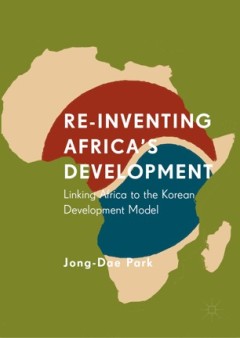
Re-inventing Africa's development : linking Africa to the Korean development …
This open access book analyses the development problems of sub-Sahara Africa (SSA) from the eyes of a Korean diplomat with knowledge of the economic growth Korea has experienced in recent decades. The author argues that Africa's development challenges are not due to a lack of resources but a lack of management, presenting an alternative to the traditional view that Africa's problems are caused …
- Edition
- -
- ISBN/ISSN
- 9783030039462
- Collation
- xxi, 449p. : ill.
- Series Title
- -
- Call Number
- 338.967 PAR r
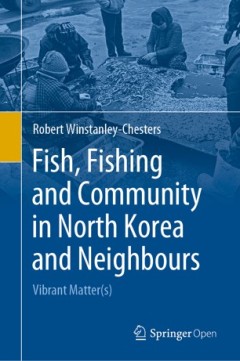
Fish, fishing and community in North Korea and neighbours : vibrant matter(s)
This open access book explores the histories and geographies of fishing in North Korea and the surrounding nations. With the ideological and environmental history of North Korea in mind, the book examines the complex interactions between local communities, fish themselves, wider ecosystems and the politics of Pyongyang through the lens of critical geography, fisheries statistics and management …
- Edition
- -
- ISBN/ISSN
- 9789811500428
- Collation
- xii, 202p. : ill.
- Series Title
- -
- Call Number
- 639.2095193 WIN f
 Computer Science, Information & General Works
Computer Science, Information & General Works  Philosophy & Psychology
Philosophy & Psychology  Religion
Religion  Social Sciences
Social Sciences  Language
Language  Pure Science
Pure Science  Applied Sciences
Applied Sciences  Art & Recreation
Art & Recreation  Literature
Literature  History & Geography
History & Geography